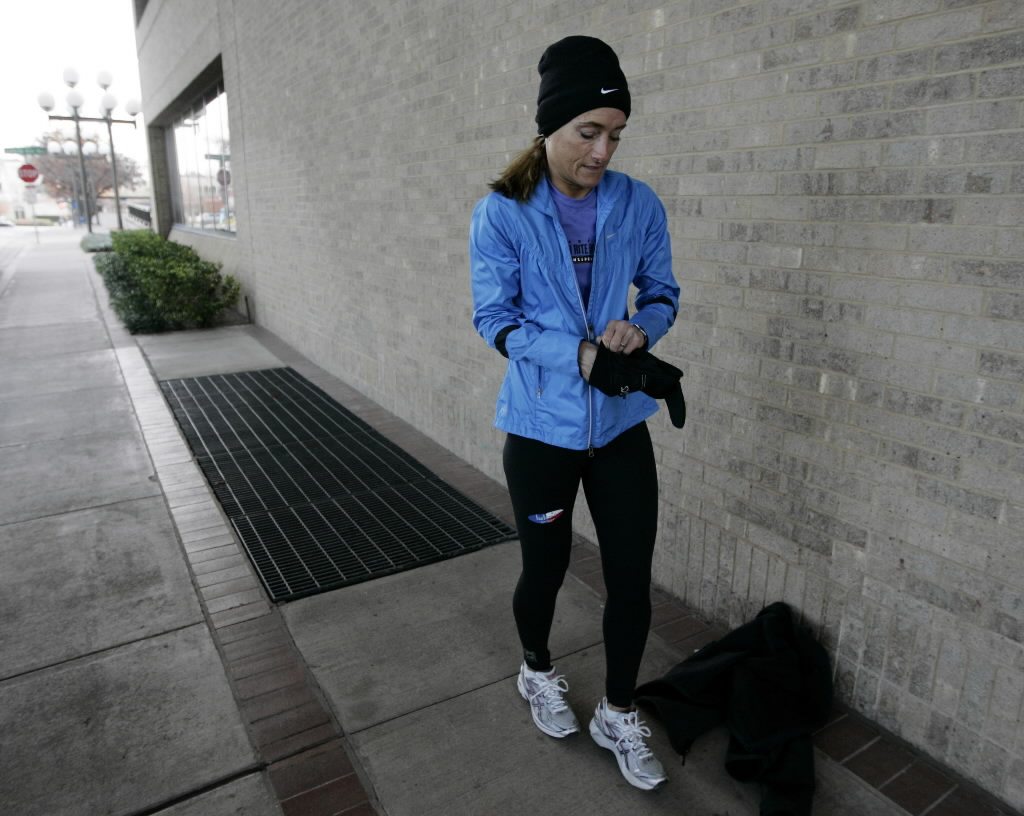The winter holidays can be a source of joy and good times, but they can also bring stress and pressure that can leave us feeling burned out by the time the new year rolls around. It is also one of the busiest times for me as a psychologist, since a lot of people feel overwhelmed by the amount of work it takes to manage everything. On top of that, many of us feel guilty or defective because we are not “supposed” to feel like this around the holidays, or feel like we “should” be able to do it all with ease.
When we look at things more deeply, those ideas and can fade, especially when we really examine all of the dimensions of stress and difficult emotions that go into this time of year. Essentially, there are three major categories of stress that I highlight around the holidays, and when we account for all of this stuff, it can be easier to understand where the difficulty comes from.
- Visible Stress: Basically, anything we can obviously point to as being a source of stress is what I call “visible stress’. That means stuff like managing schedules and planning parties, dealing with crowds and family, making the money work out, etc. Sometimes this is all we can identify, but it’s important to remember that visible stress isn’t always the whole picture.
- Historical Stress: This type of stress is related to past struggles or trauma around the holidays. These kinds of things can emerge for us in less obvious ways, like when we put extra pressure on ourselves to make things go perfectly, have memories of upsetting holidays as a kid, or longing for the type of family experiences we haven’t been able to have. Sometimes when we stop to think about it, these are really the things that have the most holiday stress power.
- Invisible Stress: A final type of stress that very few people account for when they start to struggle is what I call ‘invisible stress’ or ‘cultural level stress’. These are larger conditions happening in our communities and the world. For example, invisible stress is when we hear news about a poor economy even if we have not been laid-off from work, or feelings of uncertainty about the direction of the country, or when it suddenly becomes darker an hour earlier after the time change. All of these can weigh on us too, sometimes without realizing it.
Working Through
After we add all of that up, it becomes easier to understand why it feels so overwhelming. Fortunately, there are also ways for us to thrive during the holidays, even if there is big time stress. The following are some tips to having a healthier holiday season.




